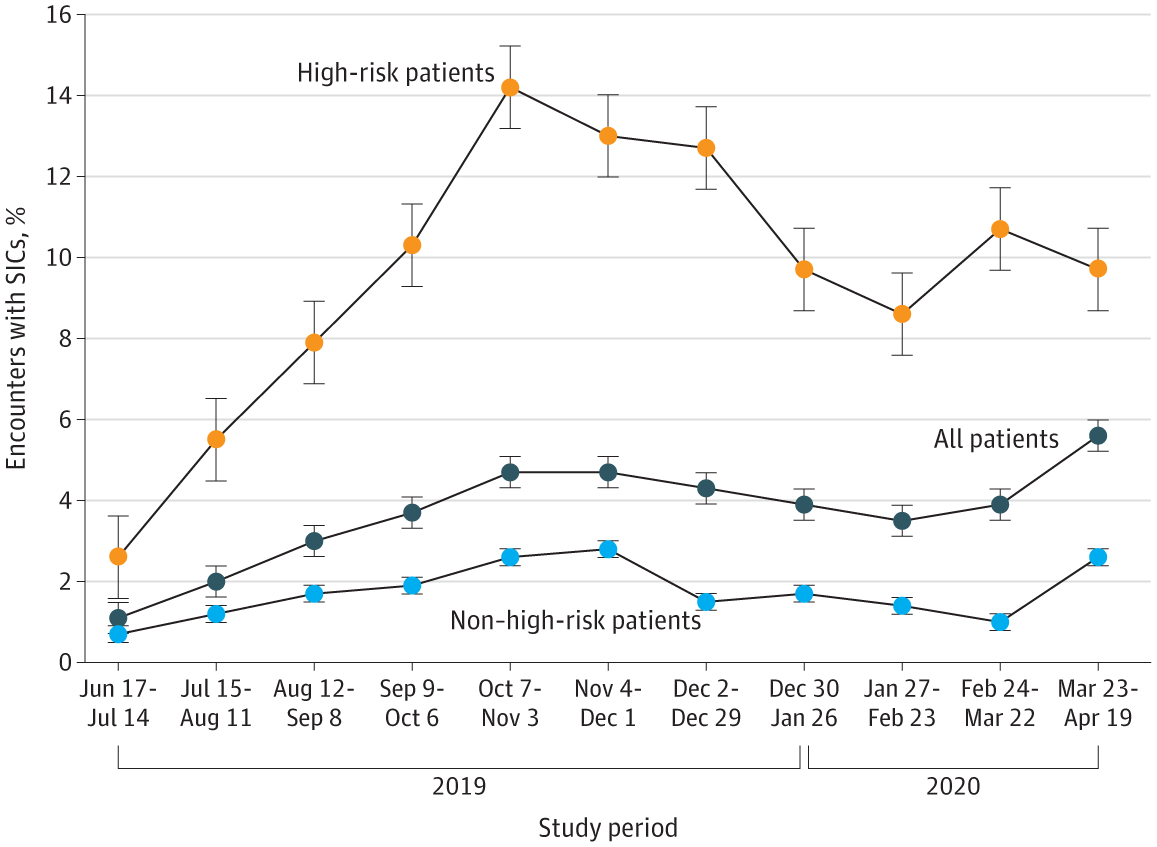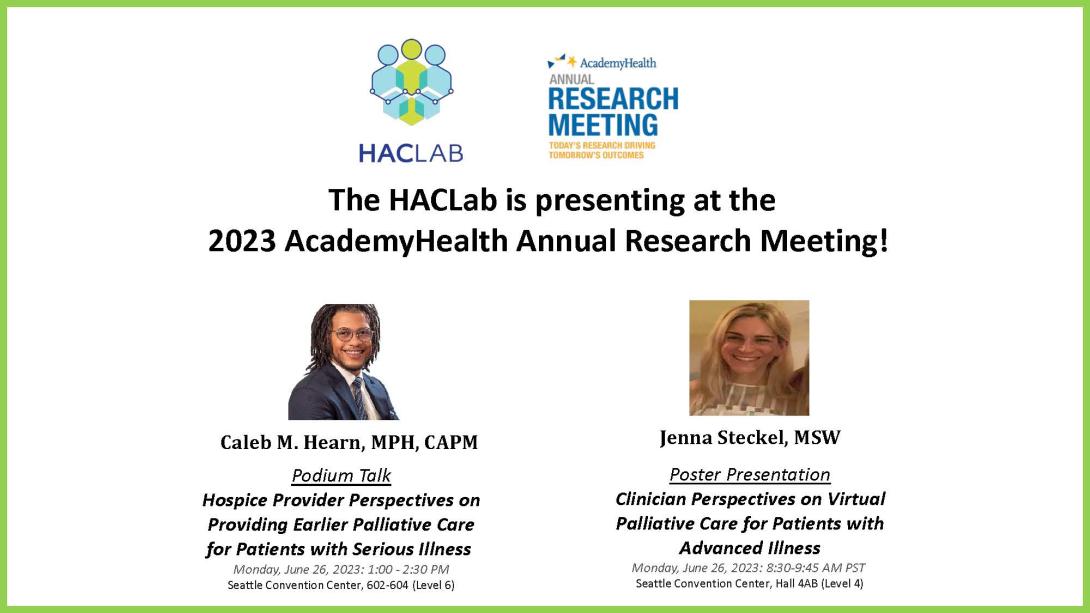
What is the problem
Palliative care has been shown to improve quality of life, reduce symptom burden, and decrease rates of aggressive end-of-life care. Yet it is woefully underutilized: nearly two-thirds of patients with advanced cancer do not receive palliative care. Clinicians are partly to blame, as clinicians under-refer based on overoptimistic prognoses and system factors. How can we increase access to palliative care so that more patients can receive this additional layer of support through their advanced illness?
What are we doing
We are partnering with several community-based oncology practices and the University of Pennsylvania to examine the effect of behavioral “nudges” on palliative care referral rates. Separately, we are working with a large national payer to understand clinician perspectives towards automated, “default” palliative care and virtual palliative care.
Impact
Our work will inform the design of palliative care benefits for at least one national payer. We are separately deploying our algorithm-based solutions at several external practices to increase advanced care planning and palliative care referrals. Our work has contributed towards a broader movement towards “precision palliative care”.








